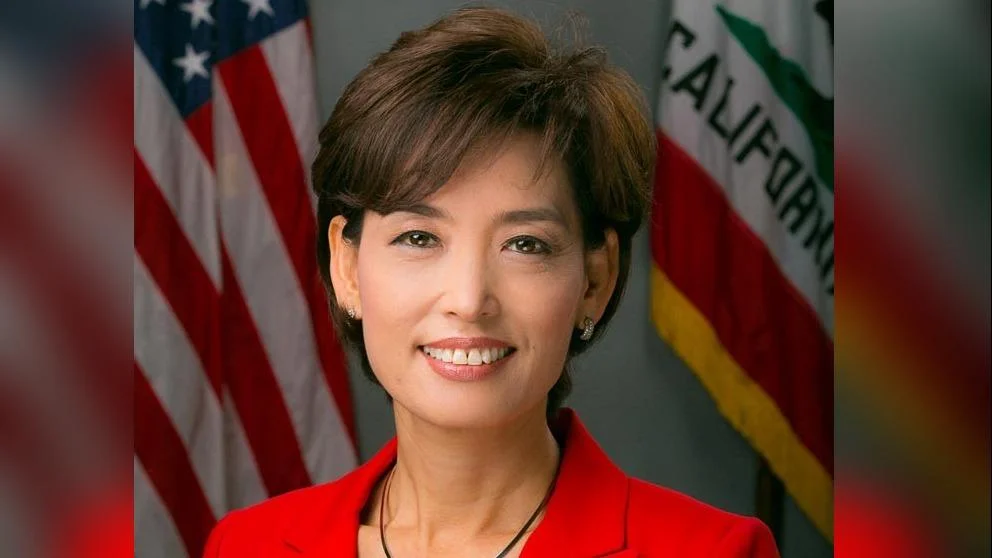U.S. Representative Young Kim, District 40 | Official Website
U.S. Representative Young Kim, District 40 | Official Website
U.S. Representative Young Kim of California's 40th District raised concerns during a House Foreign Affairs Committee hearing regarding the future of the United States Agency for International Development (USAID). The focus was on how taxpayer dollars are utilized in foreign assistance and the potential implications for national security.
Rep. Kim expressed her gratitude to Chairman Mast and the witnesses present, emphasizing the importance of U.S. foreign assistance as a tool for promoting democracy, stabilizing regions prone to terrorism, and providing market access for American businesses. However, she highlighted issues with wasteful spending, such as the $2.5 million used by USAID to build electric vehicle charging stations in Vietnam, questioning its relevance to U.S. national security.
Addressing strategic competition with China, Rep. Kim noted reports of Chinese Communist Party officials indicating their readiness to replace USAID efforts in Nepal and Cambodia. "Xi Jinping is watching, and he’s waiting for the chance to fill any US vacuum," she stated.
In discussing a potential merger of USAID into the State Department, Rep. Kim sought insights from former Representative Ted Yoho on what specific authorities would be necessary for effective implementation of USAID programs in countering China's influence. Yoho emphasized leveraging institutional knowledge and mission-driven individuals within USAID who have expertise in these areas.
Rep. Kim also addressed concerns about waivers issued by Secretary Rubio for humanitarian assistance programs, noting challenges with restarting paused programs due to unclear waiver scopes. Yoho recommended quickly identifying effective programs and implementing them without delay to prevent ceding ground to adversaries like China or Russia.
Further discussion involved reforms needed for foreign assistance audits and reviews to ensure alignment with U.S. national interests. Mr. Primorac advocated for increased transparency through consolidated information available not only to Congress but also to the American public.


 Alerts Sign-up
Alerts Sign-up